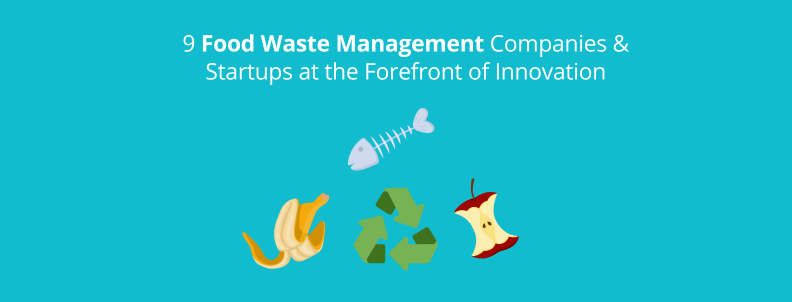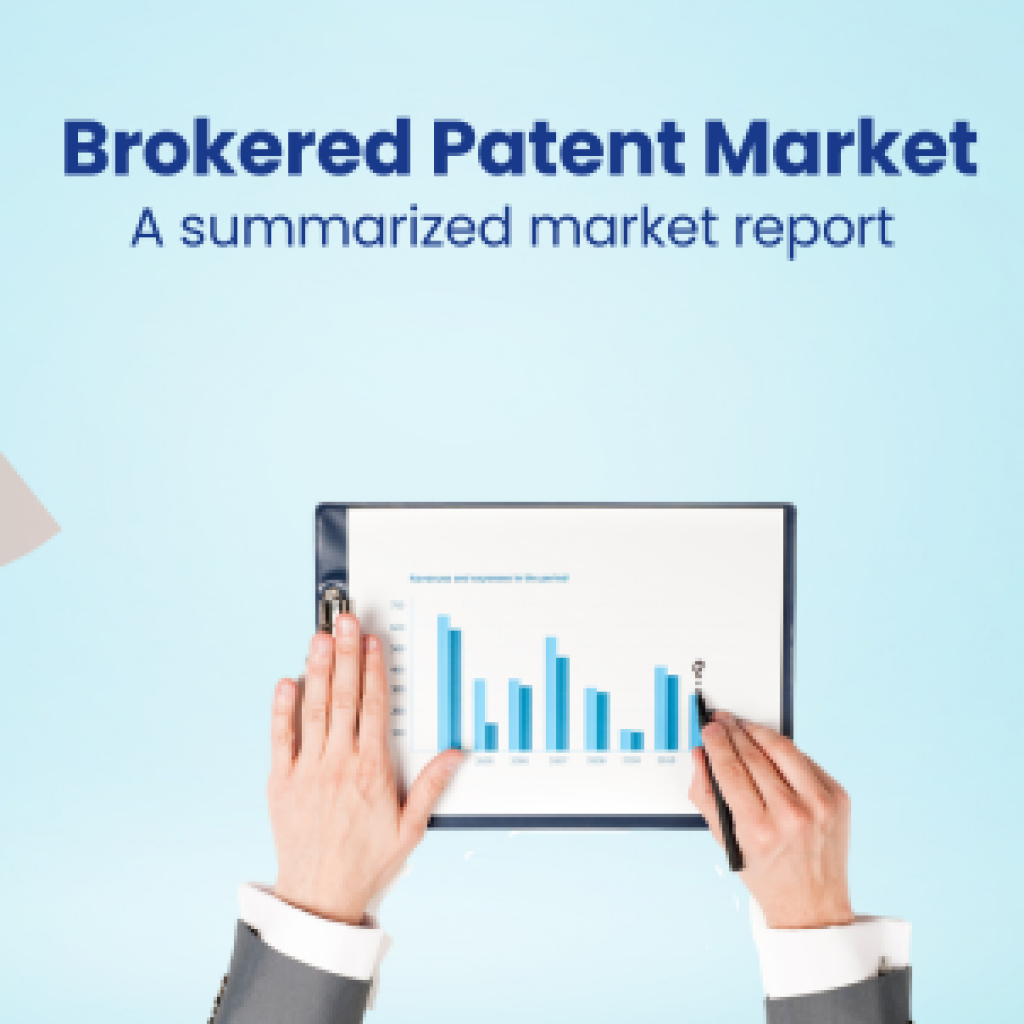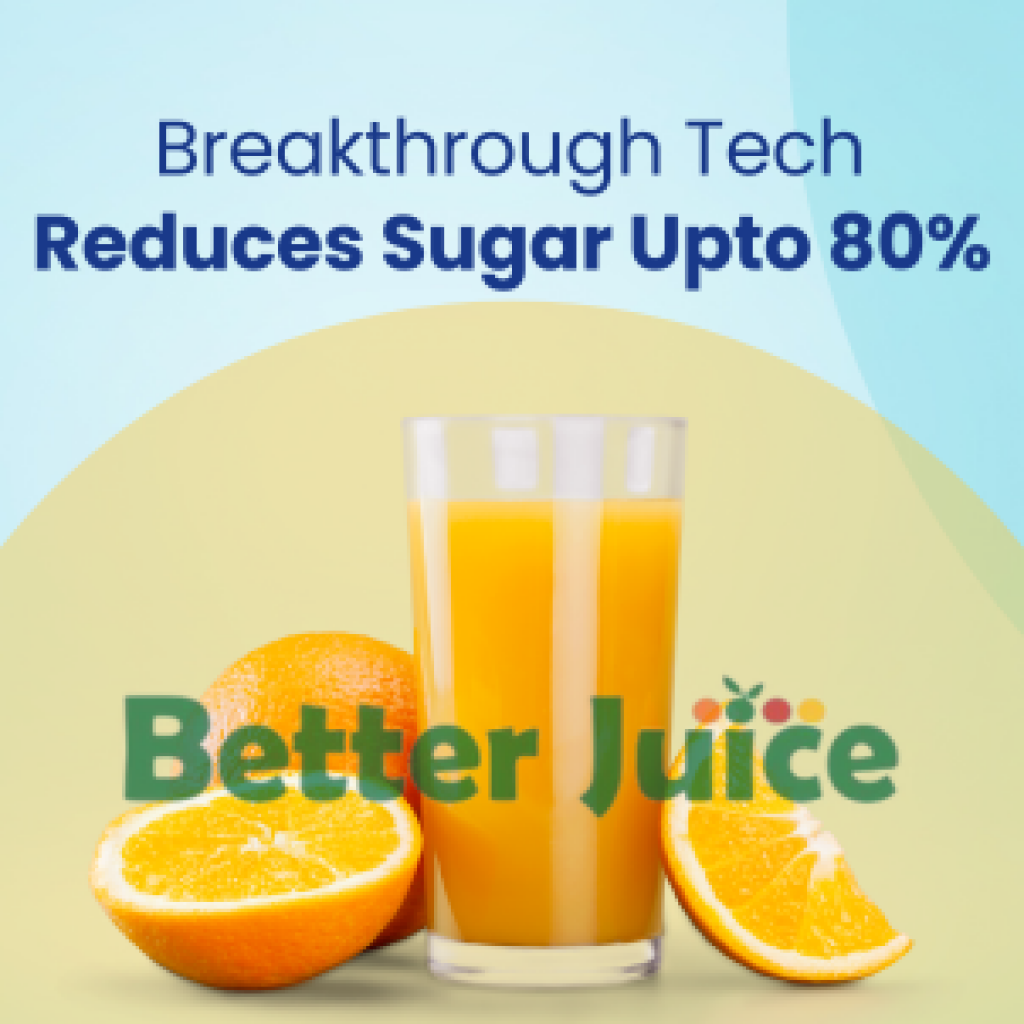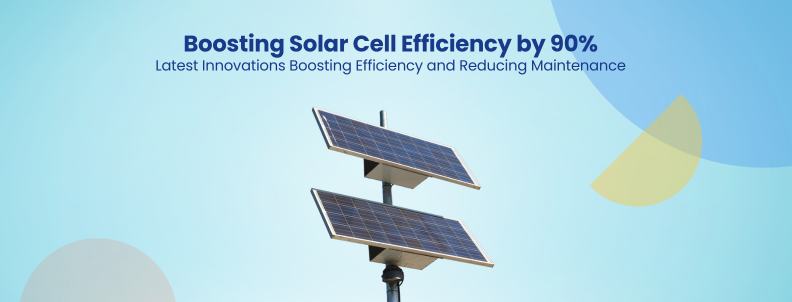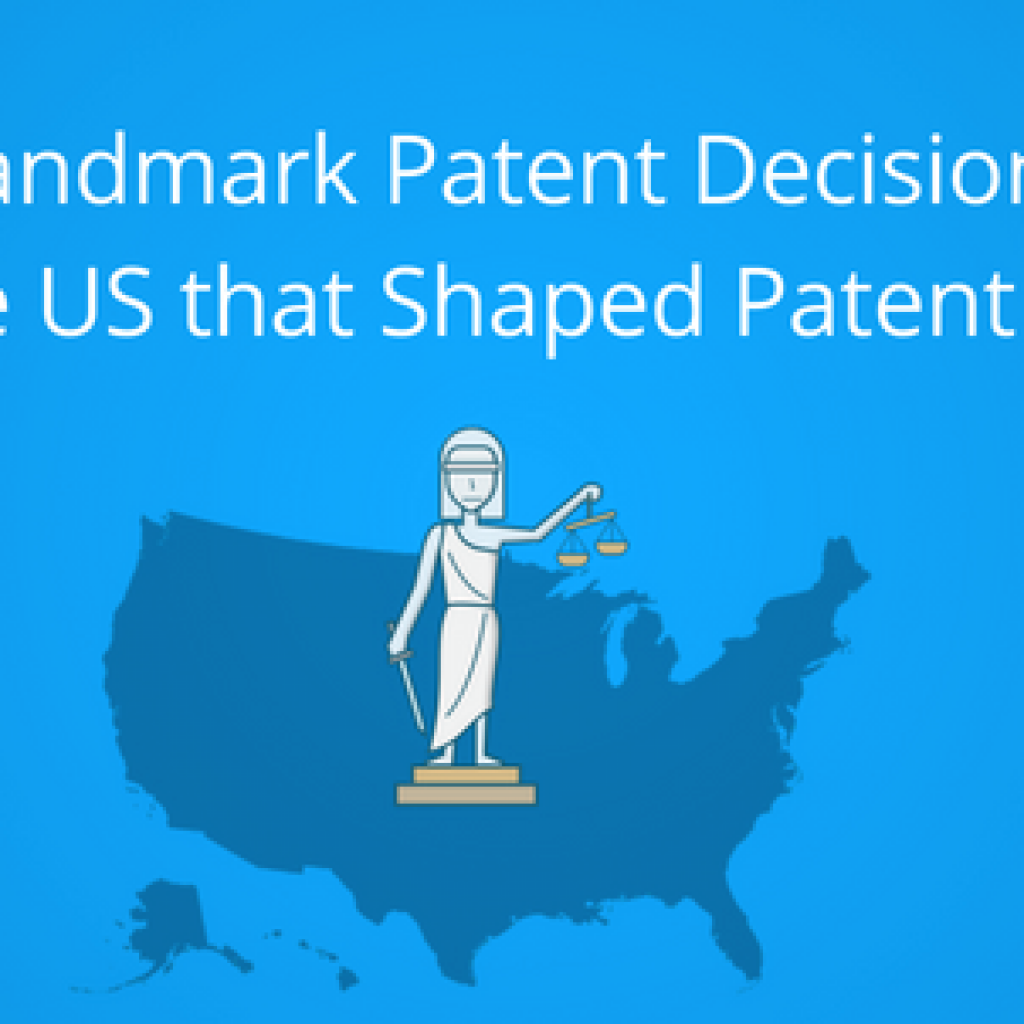EU’s Waste Framework Directive has set a goal to reduce food waste by 50% by 2030, where member states must measure and report their food waste levels periodically. Similarly, the US Environmental Protection Agency (EPA) developed a hierarchy of actions to manage food waste. The European Union and the United States have implemented food waste management solutions regulations.
Approximately one-third of food produced globally is wasted. As a result, an estimated ~2.5 billion tons of food is lost or wasted annually.
– the Food and Agriculture Organization (FAO)
The wasted food, in actuality, represents a significant loss of resources. Boston Consulting Group (BCG) estimates this wasted food is worth $230 billion. Not only that, but it also contributes to greenhouse gas emissions, with food waste accounting for 8% of global emissions. (Source)(Source)
Even more so are its social implications, as it exacerbates food uncertainty and hunger in communities, especially in developing countries. In light of these factors, food waste management is crucial, with countries realizing its importance.
Additionally, several states have enacted laws related to food waste, such as the California Good Samaritan Food Donation Act, which protects food donors from liability when donating to a non-profit organization.
Due to these regulations, companies are forced to work on creating long-term solutions. Thus making the food waste management market multi-billion dollars.
Food Waste Management is one of the trends in the food tech industry. Our report explores 10 such trends that you can get by filling out the form below:
Global Food Waste Management Market
In 2021, the global food waste management market was valued at $39.55 billion and is expected to grow and reach $64.03 billion by 2030. The market is expected to increase at an approximate CAGR of 5.7% during the forecast period due to the growing awareness about food waste(Source)
Global Food Waste Management Market Size during 2021-2030 ($Billion)

Despite these big numbers and benefits that food waste management provides, it still has hurdles to overcome. The major ones are the proper identification and sorting of waste, transportation logistics, and safe disposal or recycling of waste materials. Furthermore, effective waste management solutions require advanced technologies and efficient processes to ensure food waste is handled correctly, thus minimizing its impact on the environment and public health. Additionally, tracking and monitoring food waste throughout the supply chain is necessary to identify inefficiencies and areas for improvement. Therefore, developing innovative solutions to these challenges will be essential to reducing food waste and creating a more sustainable food system.
Companies and startups are already working on improving Food Waste Management, which we will discuss below. Let’s start with the big fishes working in this domain.
Major Companies Working on Food Waste Management Technology
1. Winnow

Based in London, Winnow has developed a technology that uses computer vision and AI to track food waste in commercial kitchens. The technology involves photographing discarded food and using the images to train the machine to recognize what has been thrown away. Then, it provides insights to drive changes in kitchen production processes and to assist in decreasing food waste in half, saving money, and minimizing a company’s environmental footprint. (Source)(Source)
Winnow’s food waste management technology received the attention of various companies, and it is reflected in the company’s collaborations. It has collaborated with several companies, such as Ikea, Compass, Costa, Accor, IHG, etc., using its technology to reduce food waste.
In 2015, IKEA selected Winnow and started a pilot program in 2 stores. Within six months, it reduced its food waste by 40%. In 2018, it was installed in 150 stores in 16 countries, and by 2022, IKEA had achieved the target of reducing food waste by 50%(Source)
Additionally, Winnow has been working with Compass (one of its first customers) for nine years to reduce food waste using AI technology. Over the years, its technology has been implemented across critical areas of Compass’ business, including staff restaurants, universities, military bases, and hospitals. (Source)
2. Rendisk
Rendisk provides dishwashing logistics and food waste management solutions for professional kitchens. With its innovative and award-winning products, Rendisk has become a prominent player in this field, serving various industries, including restaurants, hotels, hospitals, amusement parks, universities, and warehouses.
Its food waste solutions have gained recognition for their effectiveness and practicality, helping businesses and institutions manage their waste streams more efficiently and sustainably.
It offers multiple food waste management products, one being Solus Eco. It is a sustainable and efficient solution that reduces food waste by up to 80% through a centrifugal technique while saving on removal costs. Additionally, this company’s water management system reduces water consumption by reusing water within the system. This technology also comes with an innovative magnet that separates cutlery from food waste, which eliminates the worry of cutlery getting stuck inside the system. (Source)

Source: Rendisk
Additionally, Rendisk has other solutions, such as Transfer Eco, a pump-based food waste system capable of handling heavy and greasy waste, such as bones, shells, carbohydrates, coffee, etc. It also does not require separating the waste into different categories, saving time and labor. (Source)
Another unique solution by Rendisk is the Circular composter system, one of the company’s in-development systems for recycling food waste. It can convert food waste, anywhere from 300 to 1000 meals, into fertilizer within 24 hours, which stays in a special compartment till it is rid of any diseases. The treated, safe fertilizer is then ready for use as it complies with the EU standards EC 142/2011 & EC 1069/2009. (Source)(Source)(Source)
Rendisk has employed these technologies with several notable company names, including Ikea, Google, Symphony, Wellington College, and Elsevier.
It worked with IKEA Delft and Ikea Norway to improve their dish handling and food waste management process. Using Rendisk’s Flex WasteDispo, IKEA reduced waste volume by 80% and saved money. Otto van Daal, the Food & Beverages Manager of IKEA Delft, stated that this has resulted in lower prices for IKEA customers. (Source)(Source)
Furthermore, Google implemented the Rendisk Flex WasteDispo to reduce waste effectively at their restaurants, which serve 3,500 meals per day over breakfast and lunch across three floors. The system was customized to meet site requirements and handle significant waste generated from using fresh ingredients. (Source)
3. BioteCH4
BioteCH4 is a leading anaerobic digestion operator in the United Kingdom. It uses anaerobic digestion technology to convert food waste into biogas and fertilizer. Food waste is collected and then broken down in a digester using microorganisms, which produces biogas that can be used as renewable energy. The remaining material is then turned into nutrient-rich fertilizer for agriculture.
Additionally, this company provides food waste management solutions like waste collection, transportation, and processing across six locations for various industries, such as local governments, food manufacturers and producers, trash management companies, garbage brokers, and food distributors. Its solutions help these organizations to reduce their carbon footprint and divert food waste from landfills, which can aid in reducing methane emissions and greenhouse gases. (Source)(Source)(Source)
4. LeanPath
Leanpath’s food waste technology helps commercial kitchens reduce food waste by tracking and analyzing their food waste data. The process begins by measuring and recording the food waste during food preparation, cooking, and servicing. Leanpath’s software then analyzes this data is to identify areas where food waste is the highest and provides recommendations for reducing waste.
Source: LeanPath
This company’s food waste management technology also includes a digital platform that allows kitchen staff to track their progress in real-time, set goals, and share best practices with their team members. Using Leanpath’s technology, commercial kitchens can reduce their food waste by up to 50%, saving money and reducing their environmental impact. (Source)

Source: LeanPath
In light of the incredible innovations made by well-known companies in the food waste management sector, let’s look at the start-ups leading the charge.
Innovative startups with advanced food waste management technology
1. KITRO
KITRO simplifies food waste management for commercial kitchens by using AI-driven SaaS solutions. Its technology helps the food service industry automate food waste management, allowing customers to save 2-8% of their annual food costs and reduce their avoidable food waste by at least 20%.
The startup has raised a funding amount of $3.6 million. (Source)(Source)
2. Wastelink
Wastelink has a food upcycling platform that helps reduce food waste by using advanced processing technology. The startup assists food manufacturers in managing their surplus and waste by turning it into animal nutritional feeds. This keeps the food waste within the food chain and provides a sustainable food-to-feed ecosystem. The company uses its experience in feed nutrition and technical processing to generate thousands of tons of high-energy feed ingredients trusted by India’s major feed brands. (Source)(Source)
It has raised $1.3 million in funding thanks to its innovative food waste management technology.

3. Copia

It is a tech company that helps food donors like hospitals, universities, and grocers donate their excess food. Their platform makes it easy for businesses to request pickups of surplus food and has it safely delivered to non-profits. By partnering with Copia, businesses can save on taxes, reduce food waste using data and analytics, and help feed those in need, all while removing CO2 from the atmosphere. (Source)(Source)
In 2022, Copia partnered with Natera to transport surplus food from the laboratories Natera operates in Austin, Texas, and San Carlos, California, directly to nonprofits in those local communities. (Source)
The startup has been able to raise $4.7 million in funding.
4. TotalCtrl
TotalCtrl, a Norwegian startup, enables businesses to improve their inventories with its eponymous automated expiration systems. Its software solution gathers data automatically and connects with the current inventory. In this way, there will be no need to check the expiration dates manually, allowing more efficient product shelving and preventing food waste by selling near-expiration products. (Source)
TotalCtrl Used in Hotels and Restaurants

In 2021, TotalCtrl announced a new collaboration with Atea, Europe’s third-largest IT infrastructure provider. TotalCtrl and Atea have combined technology and customer relations to provide the safe and easy traceability of food information from A to Z (using tools such as blockchain) and minimize food waste and losses at various stages across the whole value chain. (Source)
Additionally, the startup has raised more than $2.6 million in funding.
5. Phood Solutions
Phood, a firm based in the United States, offers PHOOD X, a tabletop solution, and PHOOD XL, a waste tracking system for kitchens. Using AI and computer vision, the business recognizes waste products and data, such as the origin and transportation of waste inside kitchens. Then, using food waste data, the tech subsequently assists businesses in analyzing the fundamental causes of waste and preventing it before it occurs. Furthermore, Phood manages and distributes food waste following the US Environmental Protection Agency’s (EPA) food recovery hierarchy. (Source)(Source)(Source)
Phood Solutions has 5 investors who have invested nearly $2.1 million into the company.
Future Outlook
The future of food waste management looks promising as multiple companies recognize the importance of sustainability and reducing their carbon footprint. Furthermore, there is a growing demand for transparency and accountability in food waste management. Even consumers are increasingly interested in knowing where their food comes from and how it is handled, including the steps to reduce waste.
Therefore, to guide you in the process, our exclusive insights on the key trends in food waste management are the type of resource you need to stay ahead of the curve. The insights offer a unique perspective on emerging trends in Food Tech and could provide valuable information to guide your decision-making. Fill out the form to request insights:

